- 91
AR Lenoble Champagne Rosé Terroirs
Profile
-
Fruit
-
Body
-
Dryness
-
Freshness
-
Alcohol
Variety
Flavours
-

-

-

-

Glass

Serving Temperature

Food pairing
-

-

-

Maturity
Drink nowYou may like these...
More about this product
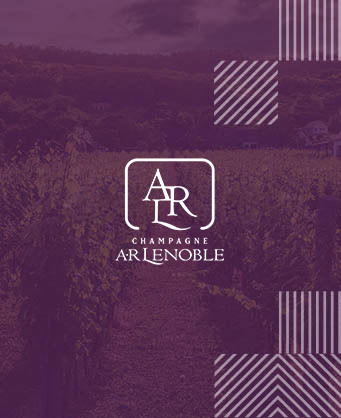
AR Lenoble Champagne
Founded in 1915 by Armand-Raphaël Graser, the manor is still in the hands of the family. The 18-hectare land is divided into two parts - one with a Grand Cru classification and the other with a Premier Cru. You should know that only 17 of the 319 districts in Champagne have a Grand Cru and 44 a Premier Cru classification. This suggests the quality you can expect from AR Lenoble Champagne. Add the skill and passion with which people respect the gift of the earth and the philosophy of the founder and you will be sure that a winique experience with these wines awaits you. One peculiarity is that it matures considerably, more than the time required for the appeal, starting from 3 to 5 years for the more regular and ending with several decades for excellent harvests. This is Champagne de Luxe, a combination of exceptional terroir and human skill.
All wines of the same producer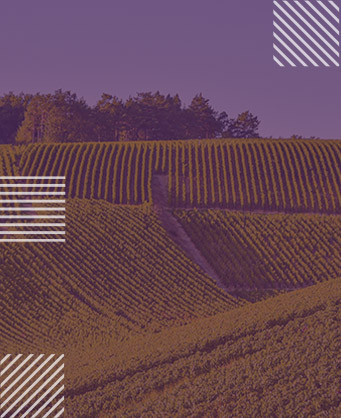
Champagne
The Champagne region is located to the northernmost of all the vineyards of France. The distinctive taste and purity of real champagne is certainly due to the calcareous soil and continental growing conditions. Unlike most other wines, it is characteristic of those from Champagne that the vintages of different years are blended to obtain a final product (non-vintage) or different wines from the same vintage are blended - in this case the wine is marked as vintage and its year is indicated on the label. This means, after all, that the quality of the champagne obtained depends very much on the balance between the quality of the grapes and the skills of the oenologists, which is why they are also promoted according to the name of the producer. Thus, in Champagne and around the world, the most famous names are Krug, Mumm, Bollinger, Veuve Clicquot, not to mention the well-known brands Dom Perignon, Moët & Chandon and Taittinger. The grape varieties in this region are Chardonnay, Pinot Noir and Pinot Meunier, which are present in different proportions in Champagne wines. The so-called Blanc de Blanc, made only from Chardonnay grapes, and Blanc de Noir, which is white champagne but made from red Pinot Noir grapes, are also often produced. A curious and little known fact is that in Champagne sparkling rose is made with a mixture of white and red wine, and not as is the standard for the production of rose wine.
More wines of this region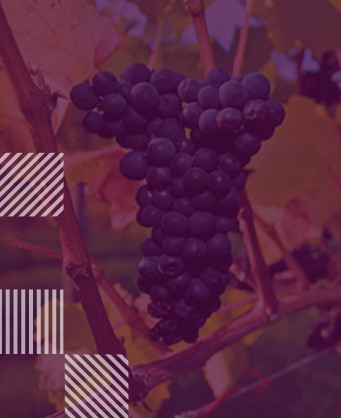
Pinot Noir
Pinot Noir is the dominant red wine grape of Burgundy, a challenge for every single vine grower and wine producer. It can be found in Germany (as Spätburgunder), Italy (Pino Nero), Chile, South Africa, Australia, New Zealand and the USA. The wines show a specific aroma of red berries and cherry depending on the vinification method employed - from fresh red cherries in lighter wines to stewed black cherries in weightier examples, many of them also showing hints of earthy flavours.
More wines of the same variety
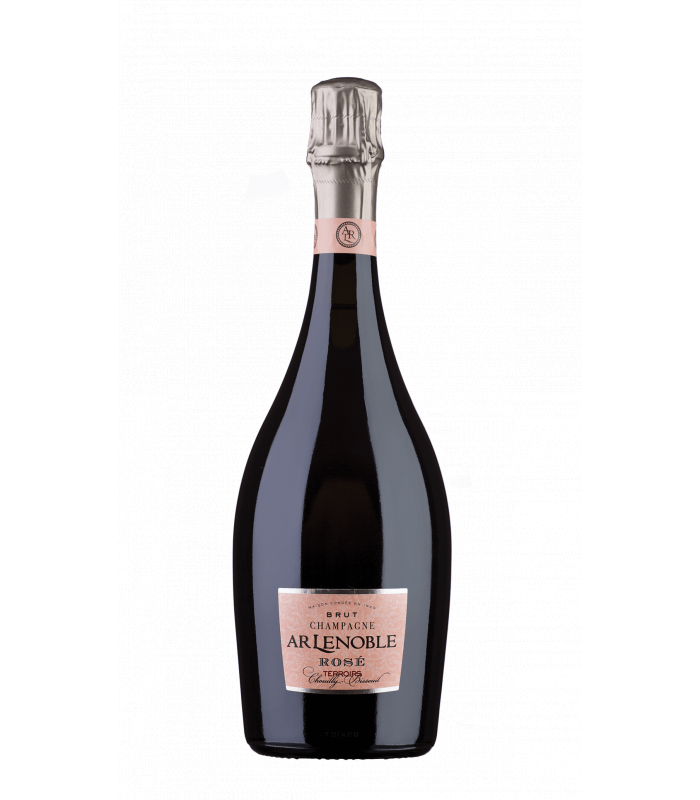


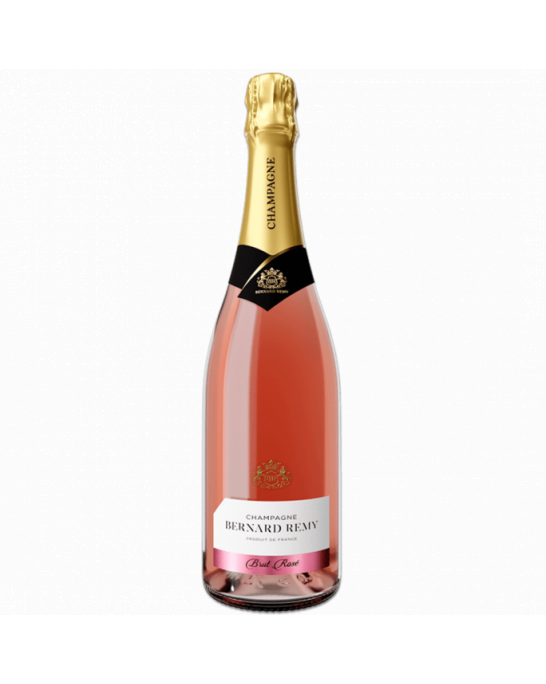
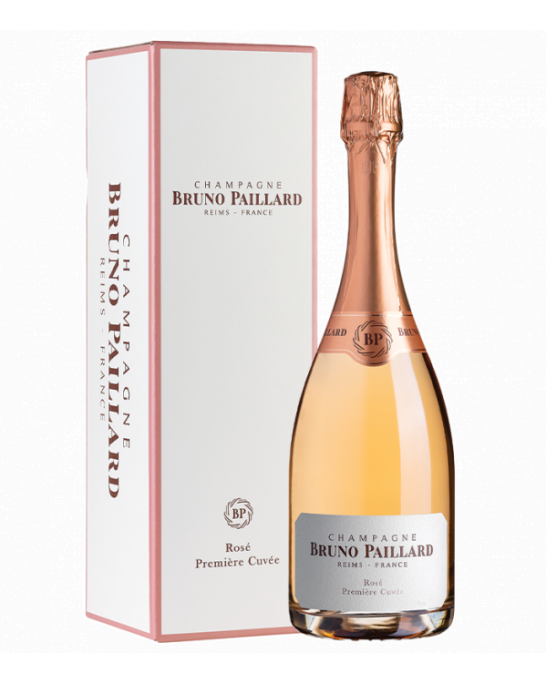
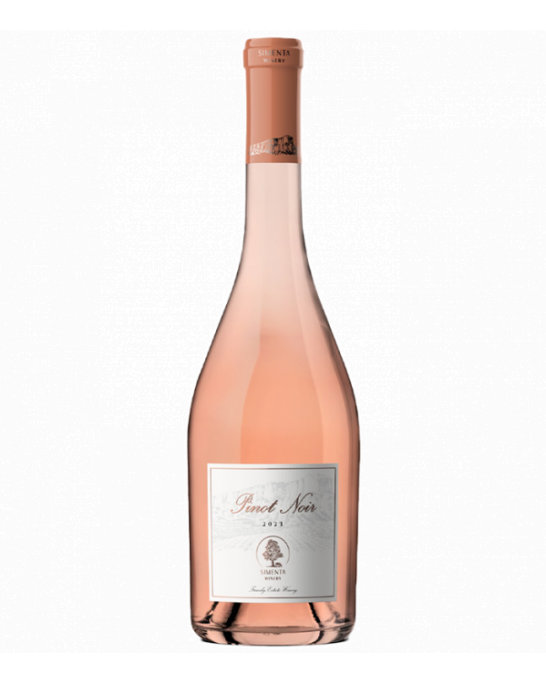
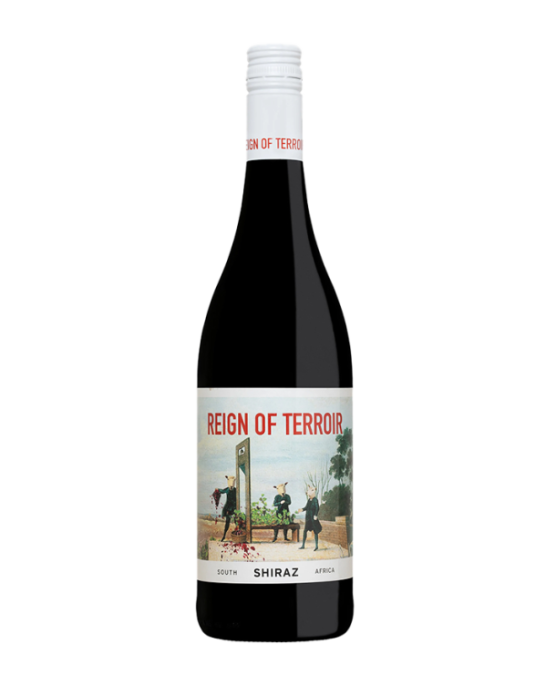
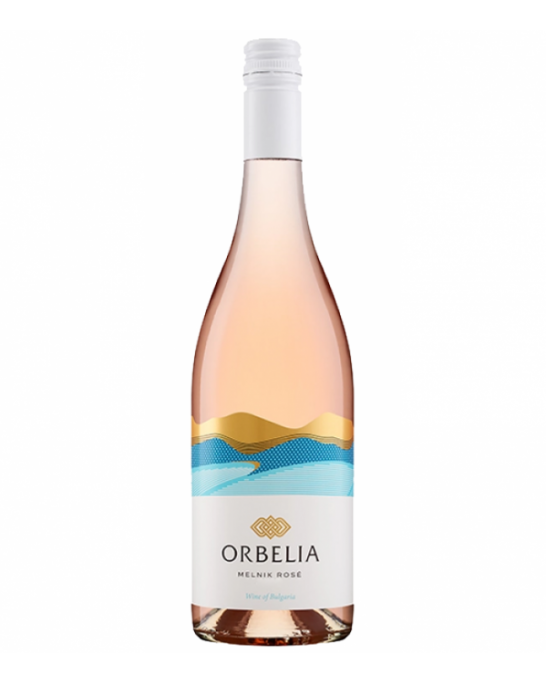
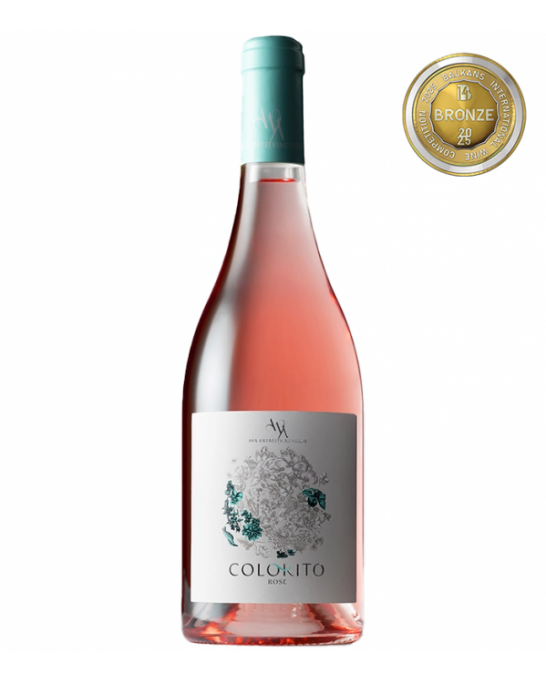
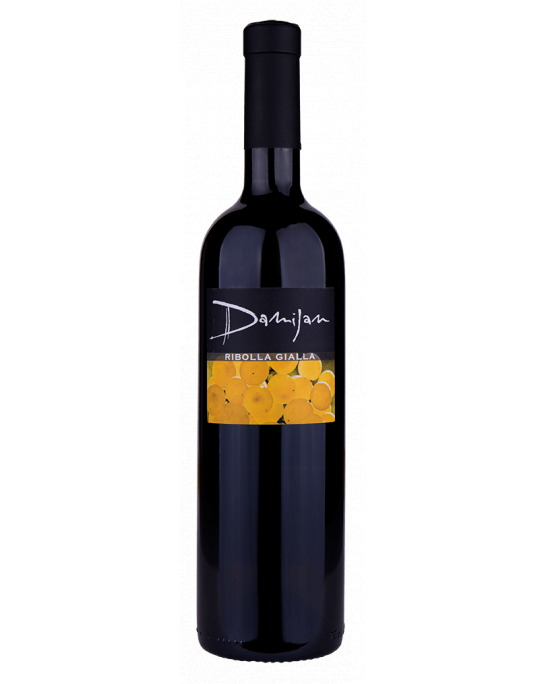
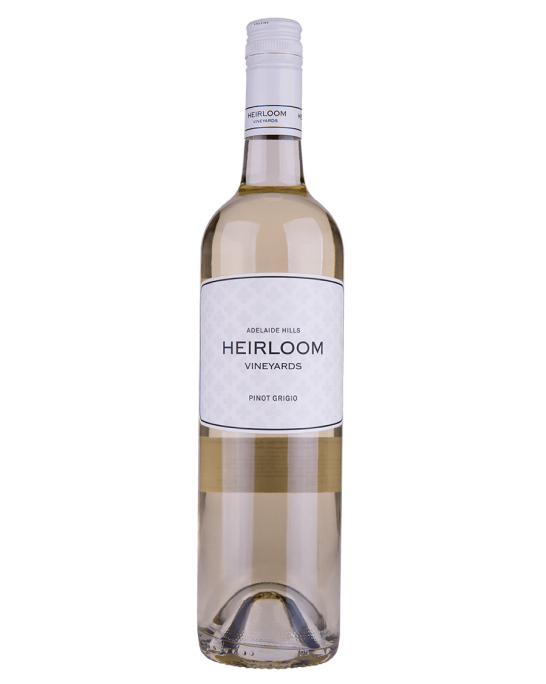
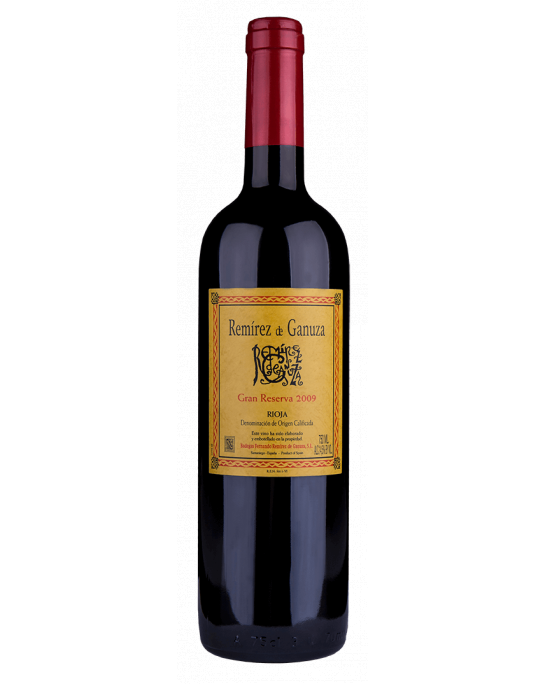
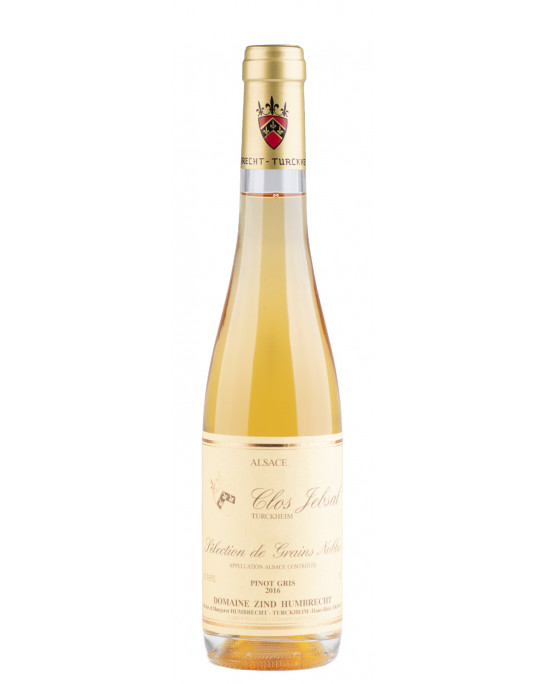
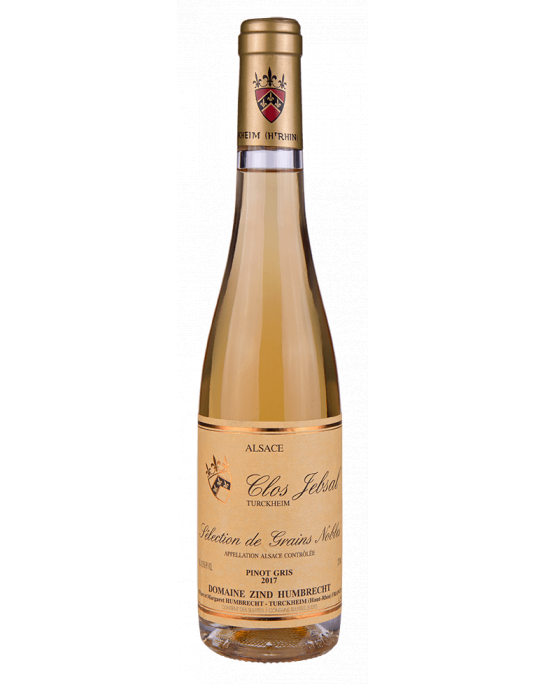
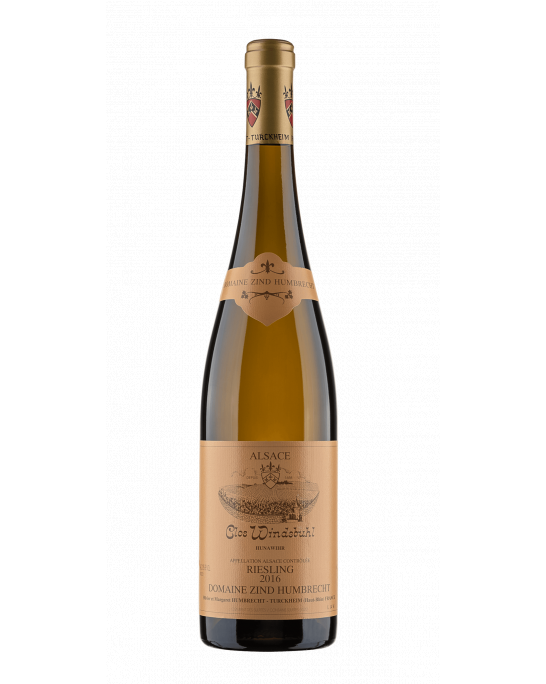
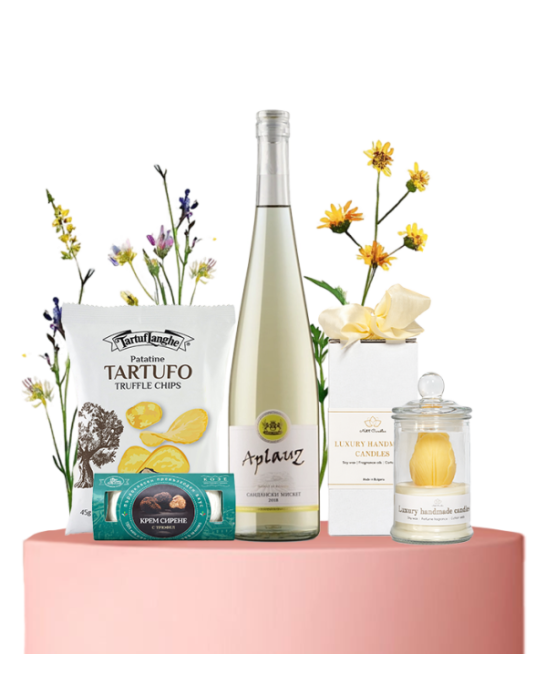
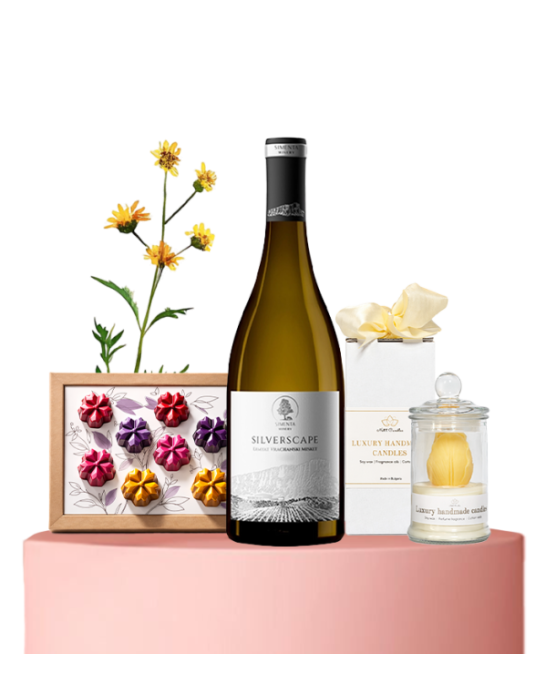
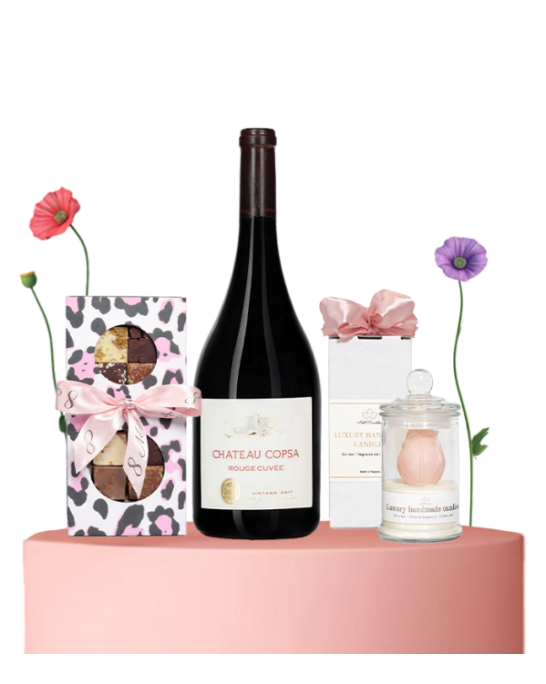
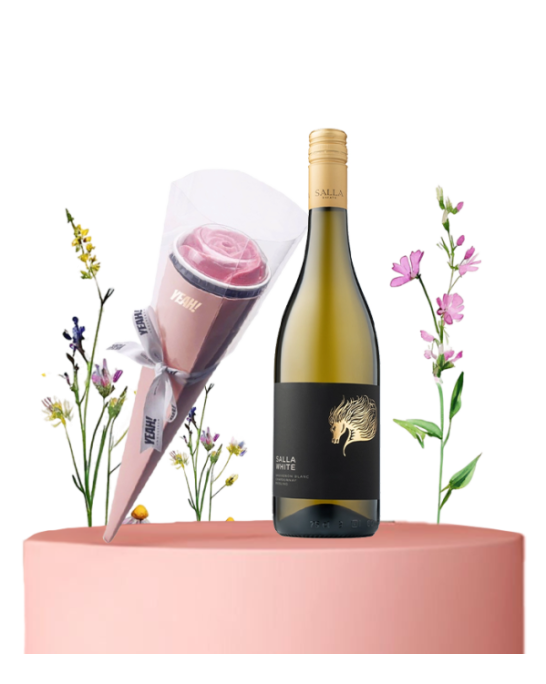
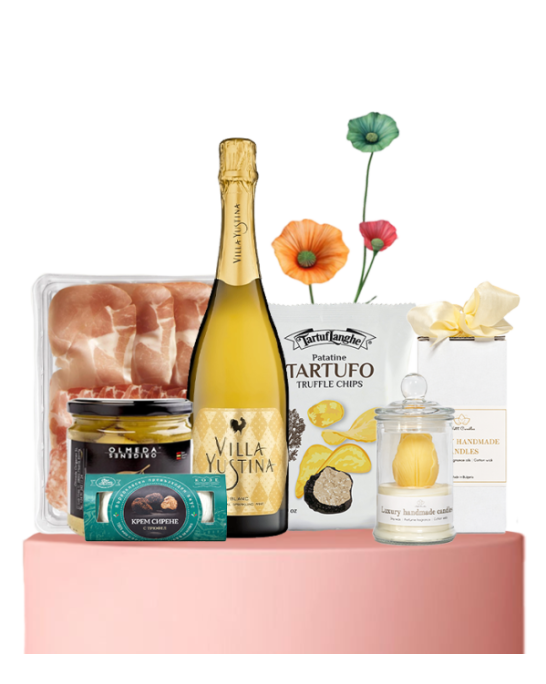
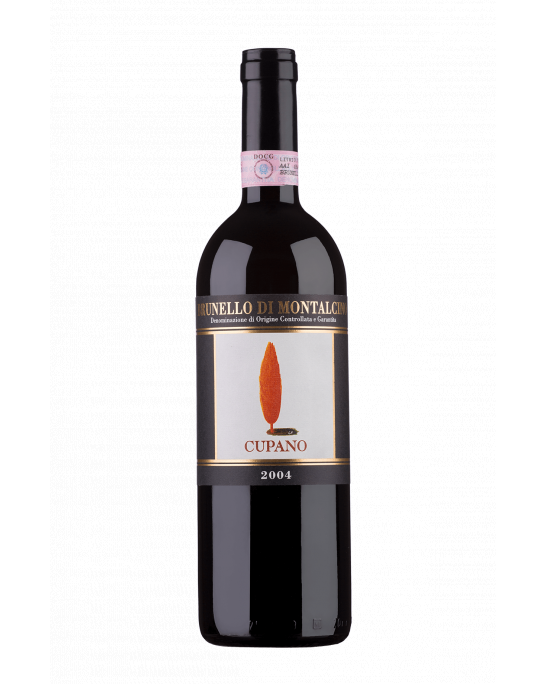
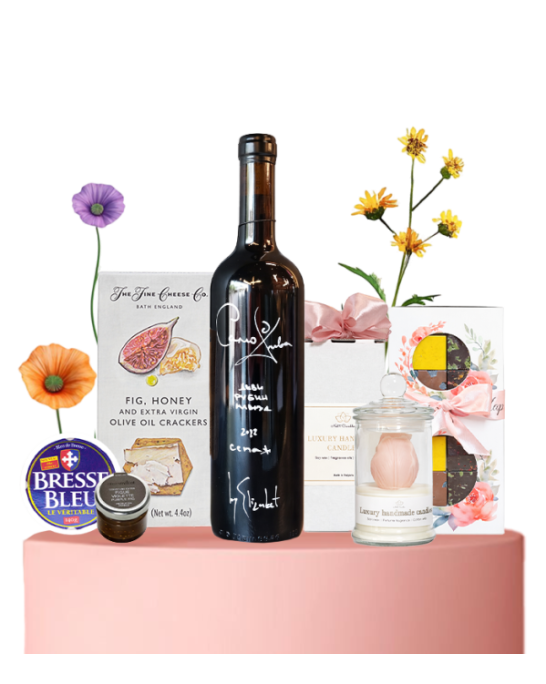
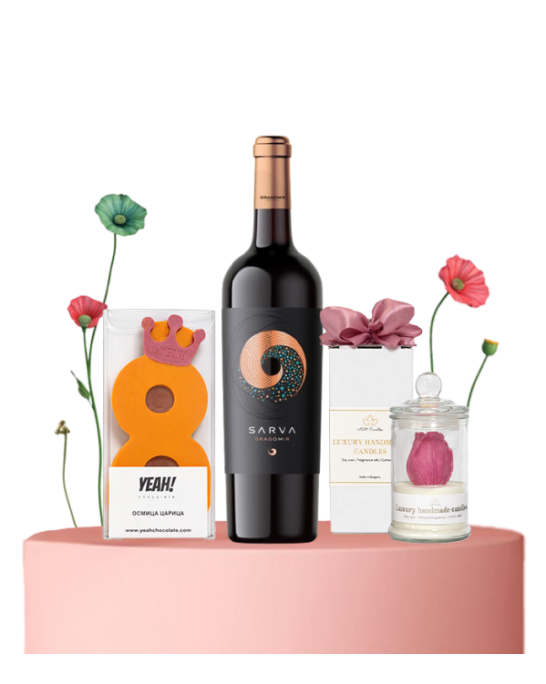
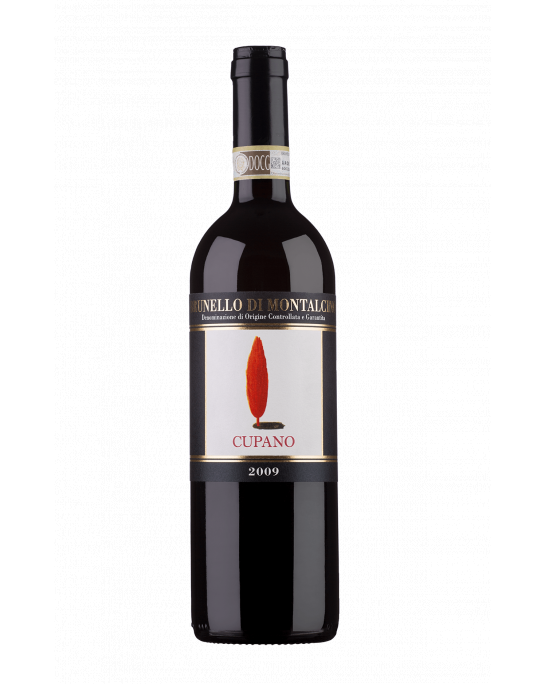
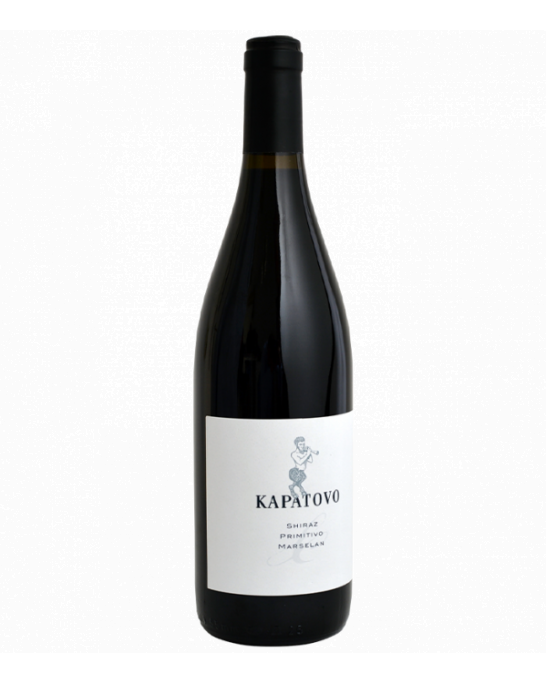
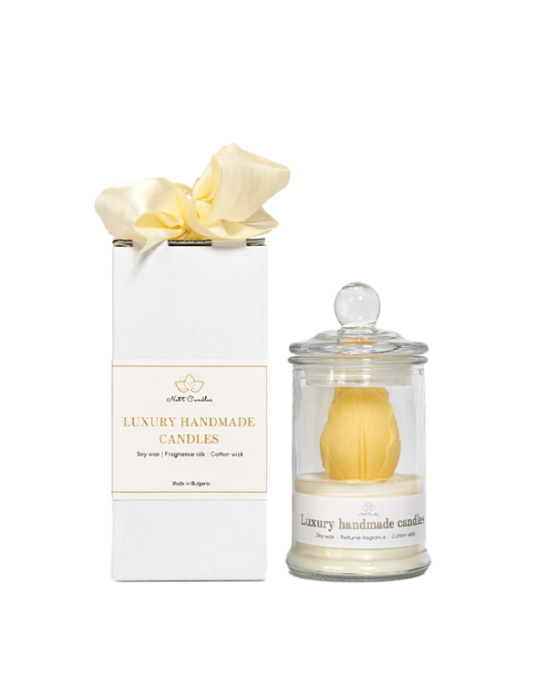
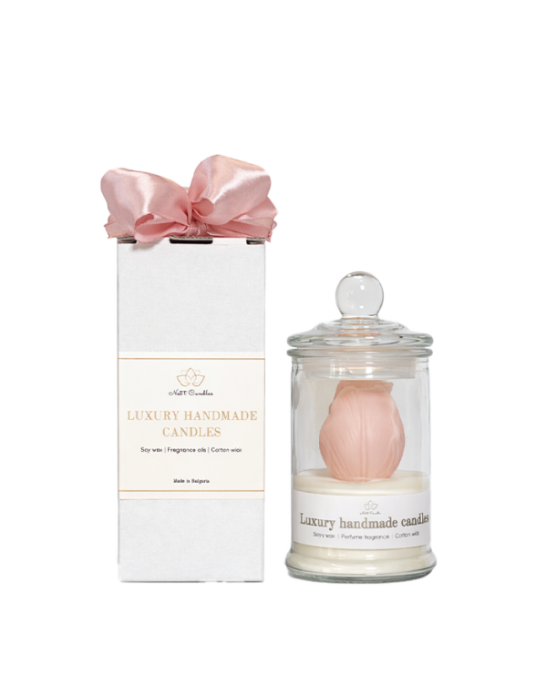
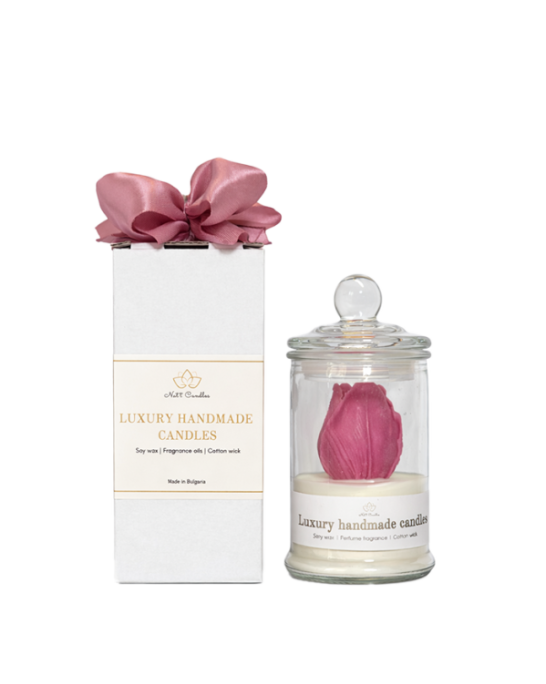
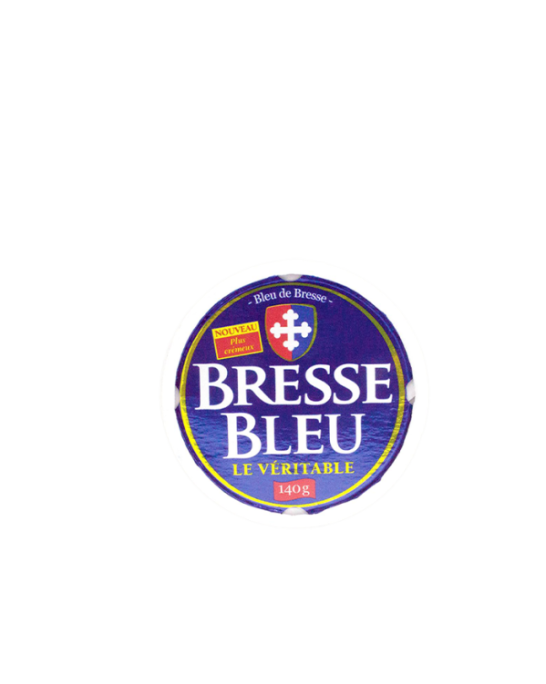
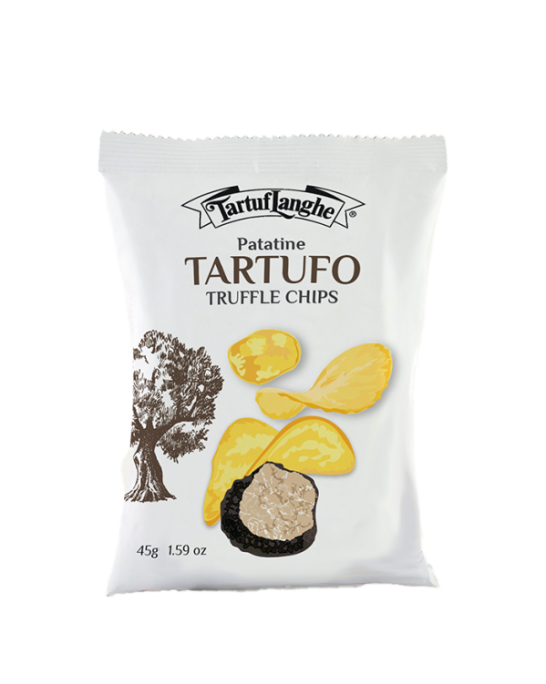
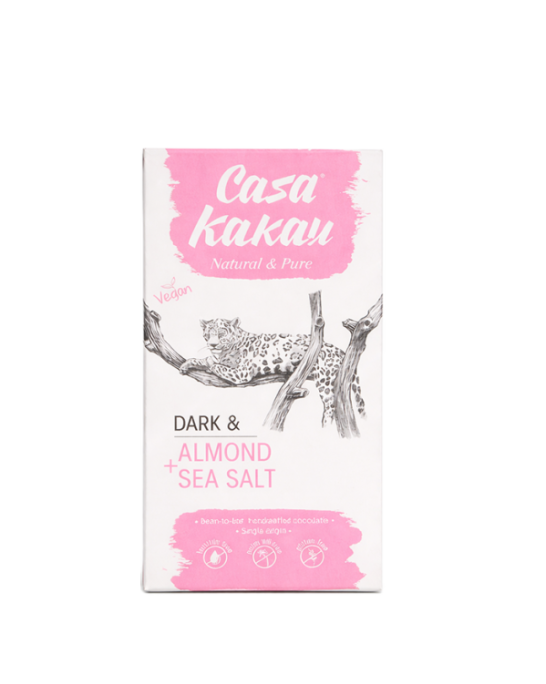
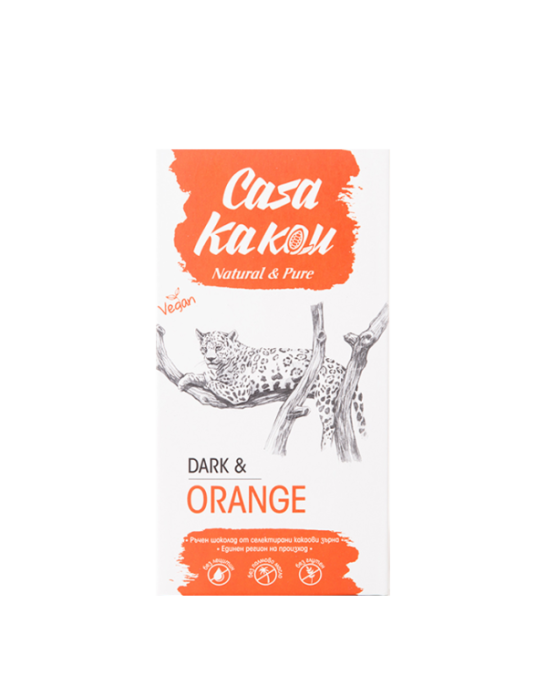
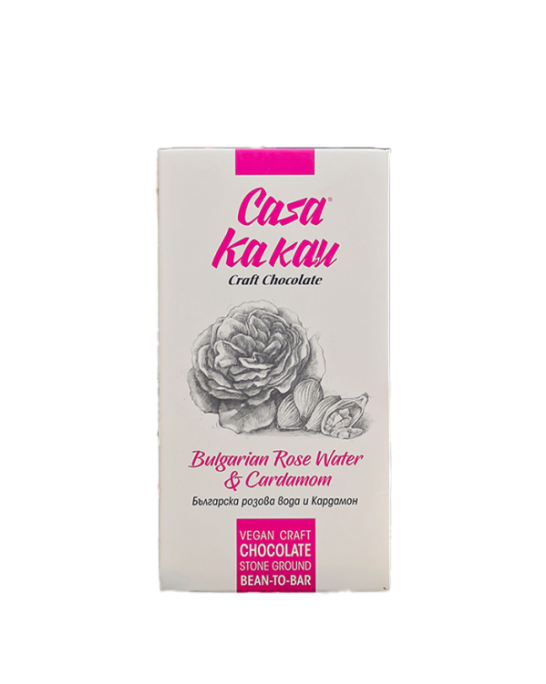
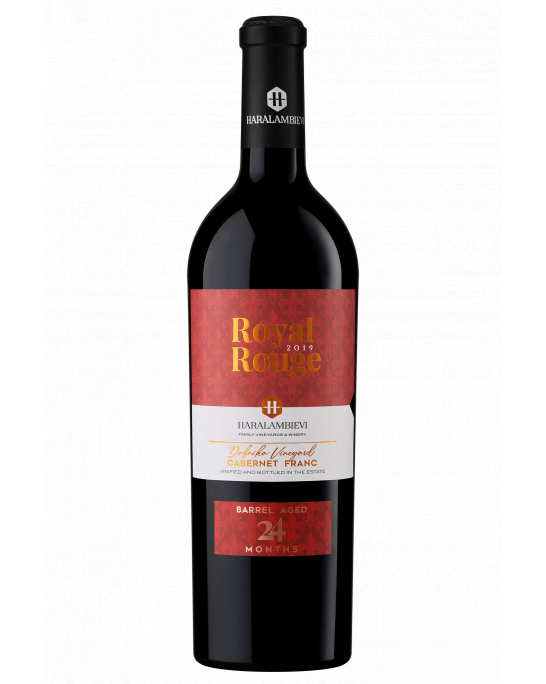
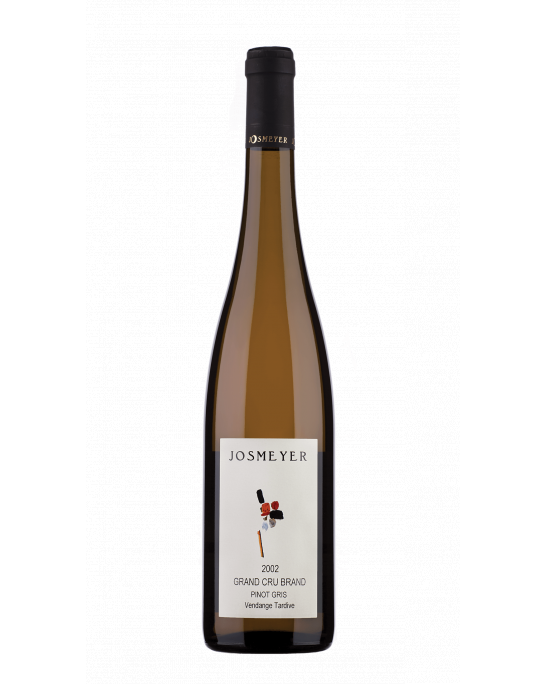
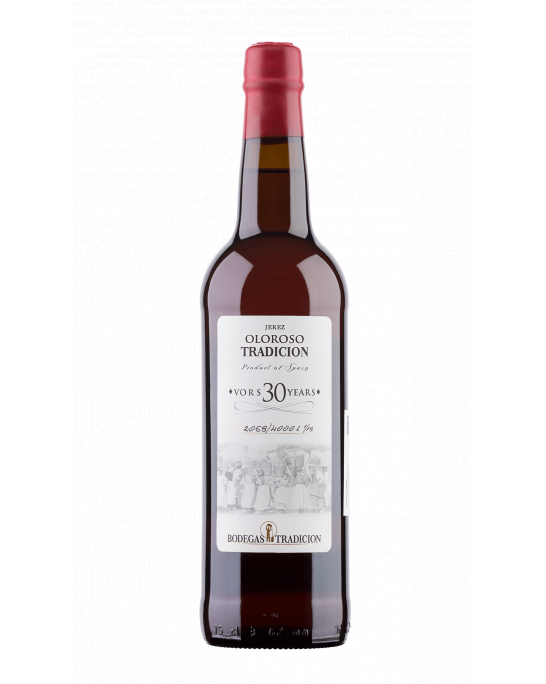
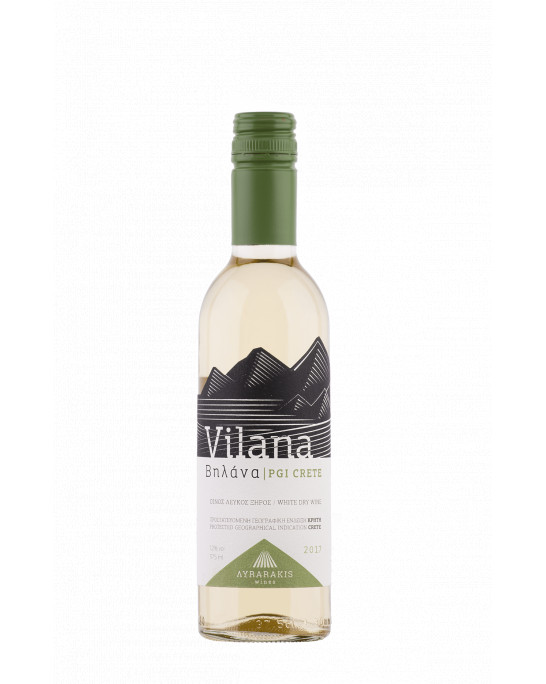
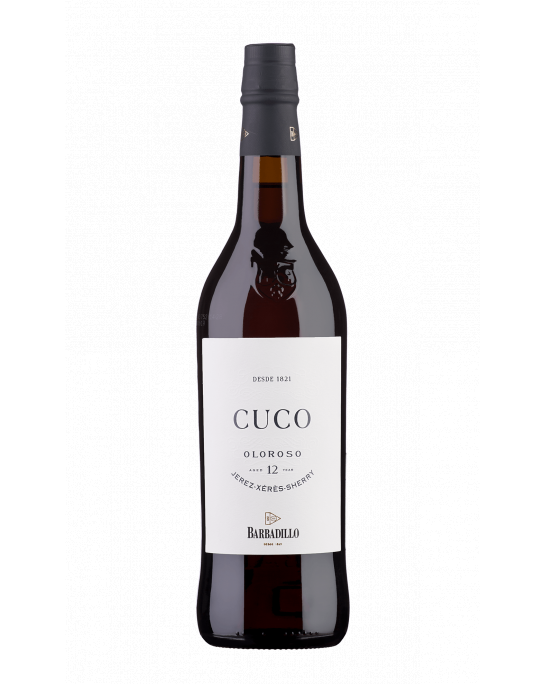
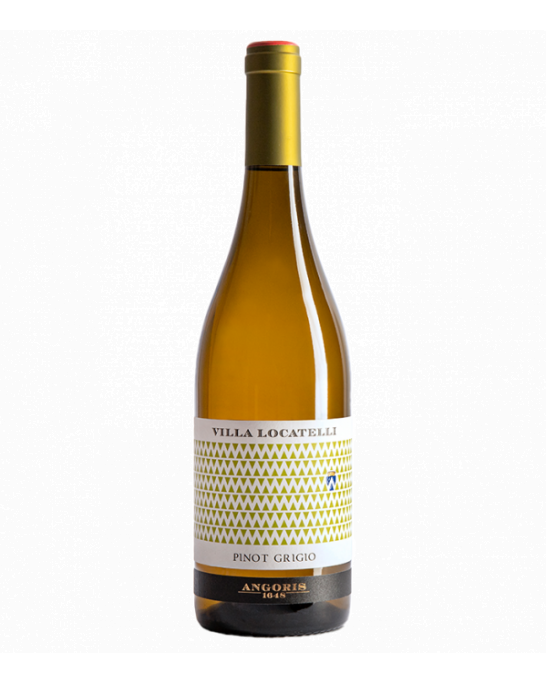
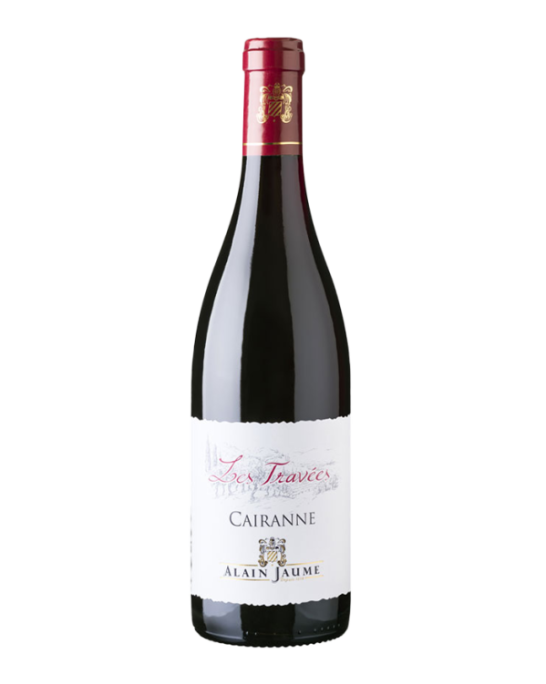
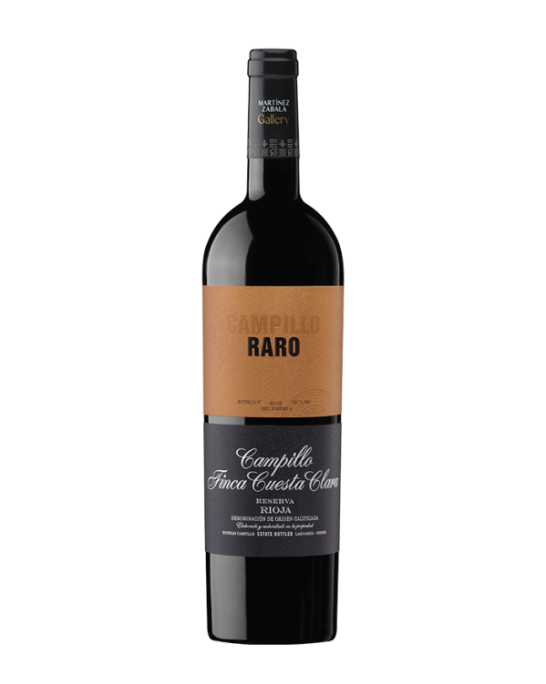
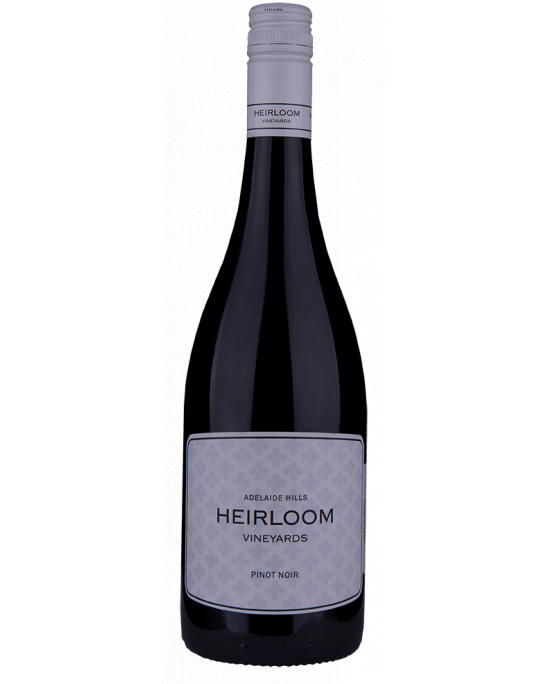
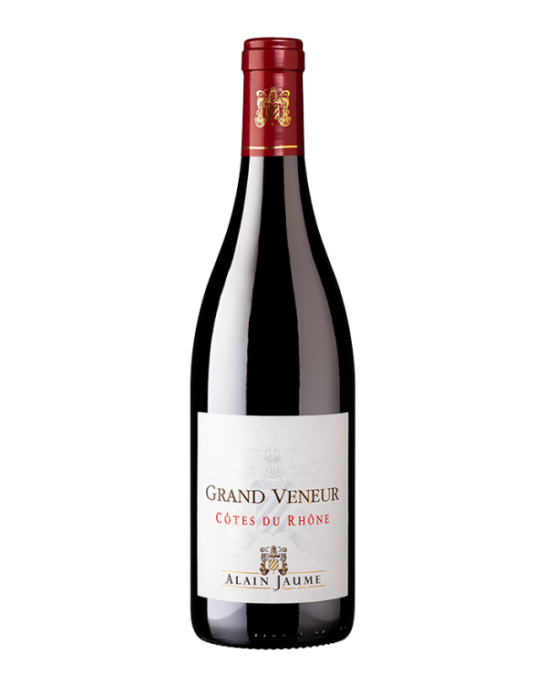
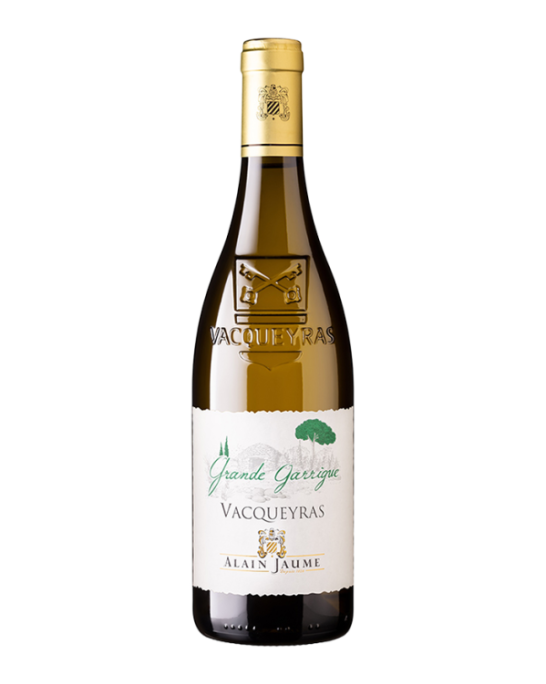
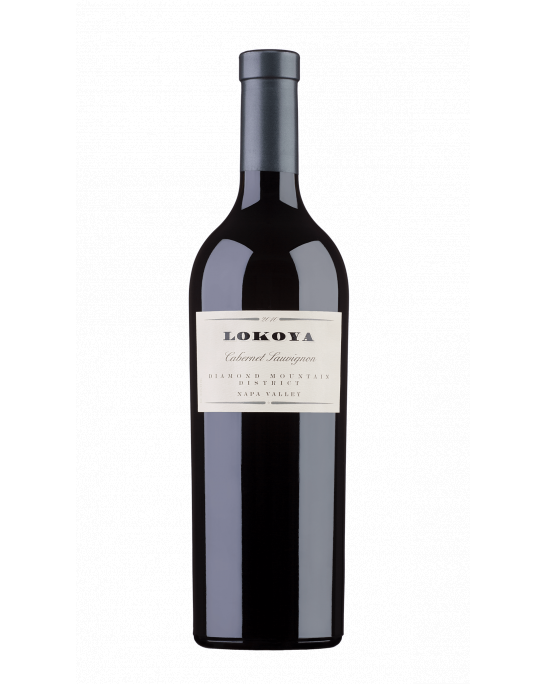
Customer reviews
No reviews available
Be the first to review